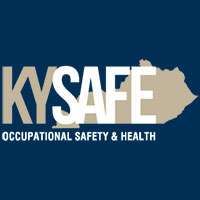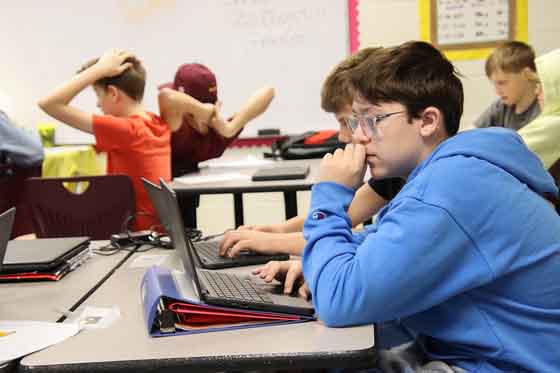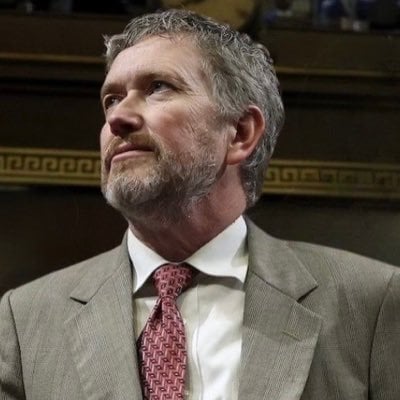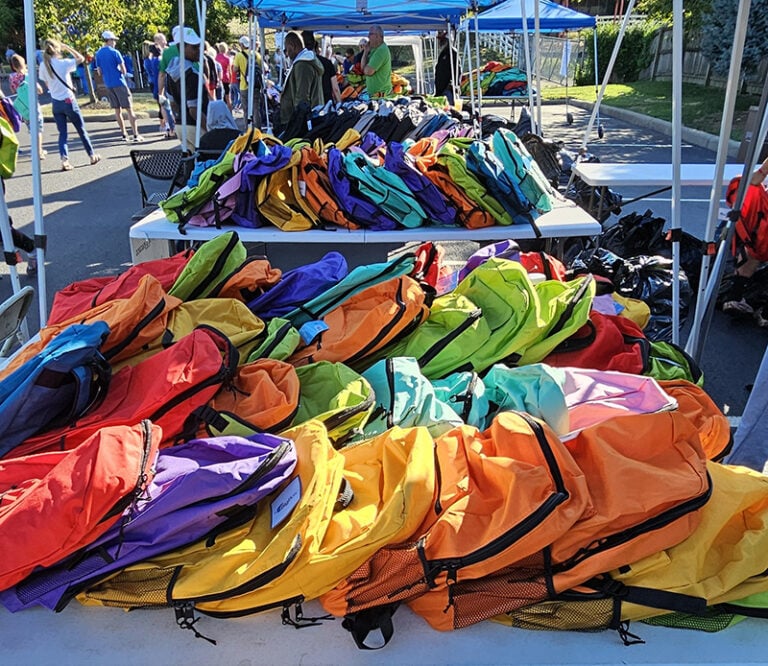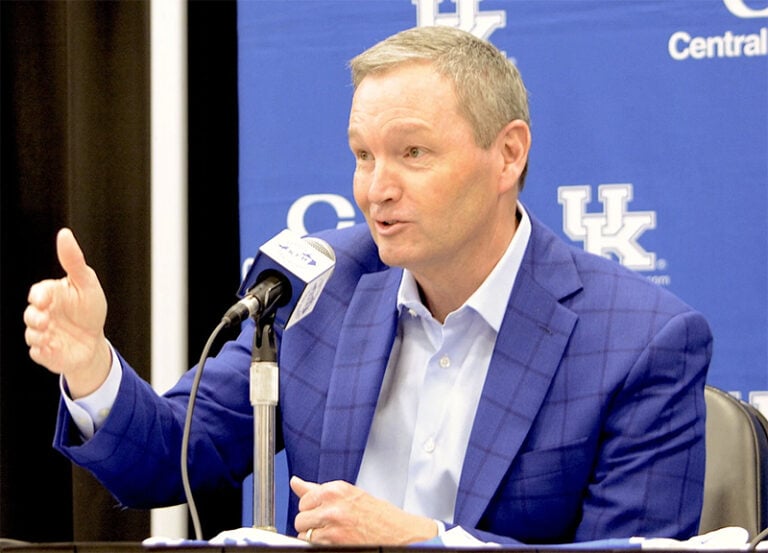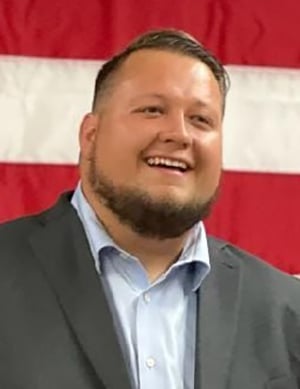“Learn how to see. Realize that everything connects to everything else.” Leonardo da Vinci
Through the US Department of Education’s Fulbright program, I had been awarded a fellowship for study in Egypt in 1997.
As the plane entered Egyptian airspace, it was slowing for landing, hovering almost; the two Giza pyramids bathed in crepuscular light filling my window, taking my breath.
“If I never set foot on Egyptian soil, this is enough!” I thought.
In a week, we would be climbing deep into the larger pyramid to stand in a burial room with a stone crypt.

Our academic studies were facilitated and expanded. Professional connections were made. A multi-night cruise down the Nile took us to Aswan Dam, Abu Simbel, The Valley of the Kings; encountering the people who lived and worked along the less-populated Nile.
As the fellowship time was nearing its end, the Fulbright organizers in Egypt scheduled a trip into the Sinai, crossing the Suez. As we left Cairo, armed military vehicles joined in front and behind our minibus. We were to visit a Bedouin tribe.
One of the organizers told me at dinner that the planned excursion into the Sinai desert was cancelled. She remembered my having read about the children of Gaza as preparation for the fellowship. Would I like to visit the Gaza border city of Rafah? Cautiously, I said yes.
The next day, with armed escorts, we all headed into Rafah and then to the area at the border fencing between Gaza and Israel.
As another participant and I strolled within view of the highest dual chain-link fencing we’d ever seen, we noticed a woman standing at the fence. She was calling over to another woman behind the fence on the far Israeli side.
Casual sharing between relatives? The wide distance between the two running fences was enough for an armed military vehicle to pass with ample room on both sides. The women disappeared.
Within a minute, the armed military vehicle made its trip.
The group of middle school-aged boys who had been following us, reappeared. We communicated as best we could. They were delighted when we taught them the Macarena.
This Gaza life was happening above the endless system of caves and tunnels, substantial enough to support delivery of huge appliances and equipment into Gaza.
Judy Harris is well established in Northern Kentucky life, as a long-time elementary and university educator. A graduate of Thomas More, she began her career there in 1980 where she played a key role in teacher education and introduced students to national and international travel experiences. She has traveled and studied extensively abroad. She enjoys retirement yet stays in daily contact with university students..







